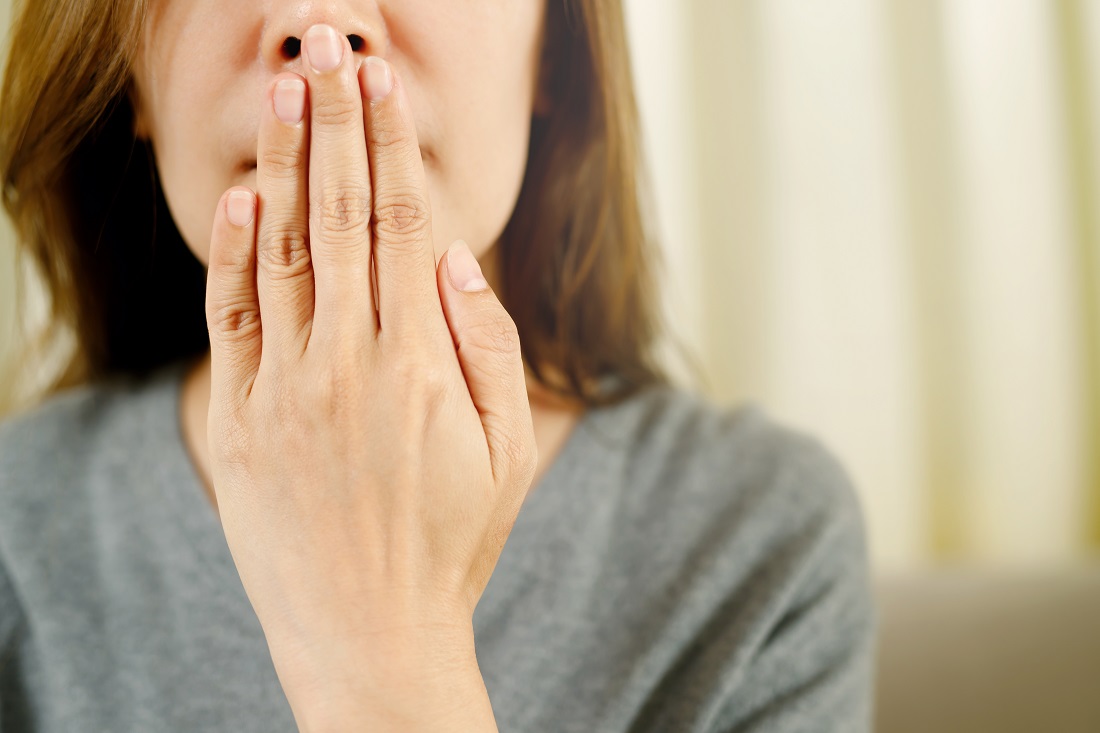Body water retention is an unpleasant ailment, mainly manifested by weight gain and swelling of various parts of the body. Such physical sensations are not necessarily caused by an ill-adapted or high-calorie diet. In fact, they very often have their origin in excessive fluid retention in the body.
Water is crucially responsible for the proper functioning of the body and is responsible for many vital activities, which include the metabolic process, getting rid of toxins and regulating body temperature. The human body itself contains around 60% liquid. However, when the body fails to remove excess fluid, water retention, or water retention, occurs. This is usually a condition that passes after a period of time, but if it lasts too long, it can cause discomfort and lead to various and serious complications.
Symptoms of water retention in the body
Water retention initially results in physical symptoms, which include swelling of the body. Swelling is most noticeable on the extremities when swelling appears on the feet and ankles. The fingers of the hands also become swollen, which can be recognised, for example, by difficulty in pulling off a ring or wedding ring. Whether swelling is present on particular parts of the body can be checked by applying slow and firm pressure with the thumb to the desired area. If there is indentation and the skin does not immediately return to its previous form, this may indicate swelling caused by water retention in the body. A person suffering from this condition is also often accompanied by a feeling of heaviness and weakness.
Water retention in the body contributes to feelings of fatigue, lack of energy and a general deterioration of well-being. It is not uncommon to also experience headaches, irritability and problems with concentration. These types of changes are most likely to increase in the first half of the day and in the evening. In women, water retention can also be linked to hormonal balance and changes in the body during the various phases of the menstrual cycle. The perceived premenstrual syndrome can become more troublesome with water retention.
Ways to deal with water retention
Many factors can contribute to excessive water retention in the body, and these include lack of exercise and a sedentary lifestyle, eating a diet low in important vitamins and minerals, consuming too much alcohol or taking certain medications. Water retention in the body is often caused by a protein deficiency and a high demand for vitamins and minerals that are lacking in the diet but are needed for the body to function properly. It is recommended to eat foods rich in fibre, potassium and vitamin B6. Supplements containing the above-mentioned nutrients can help to restore the body’s fluid balance.
Suitable dietary supplements can be found in the Your Secret Is shop, which offers products specifically for various ailments. One of these is the Water Balance supplement, which contains parsley root, dandelion, nettle leaves and prickly pear extract, among others. All of these ingredients are rich in minerals and also exhibit diuretic properties, which is also indicated when needing to remove excessive fluid from the body.
For more information on natural remedies for water retention, visit https://yoursecretis.co.uk/natural-remedies-for-water-retention/.
